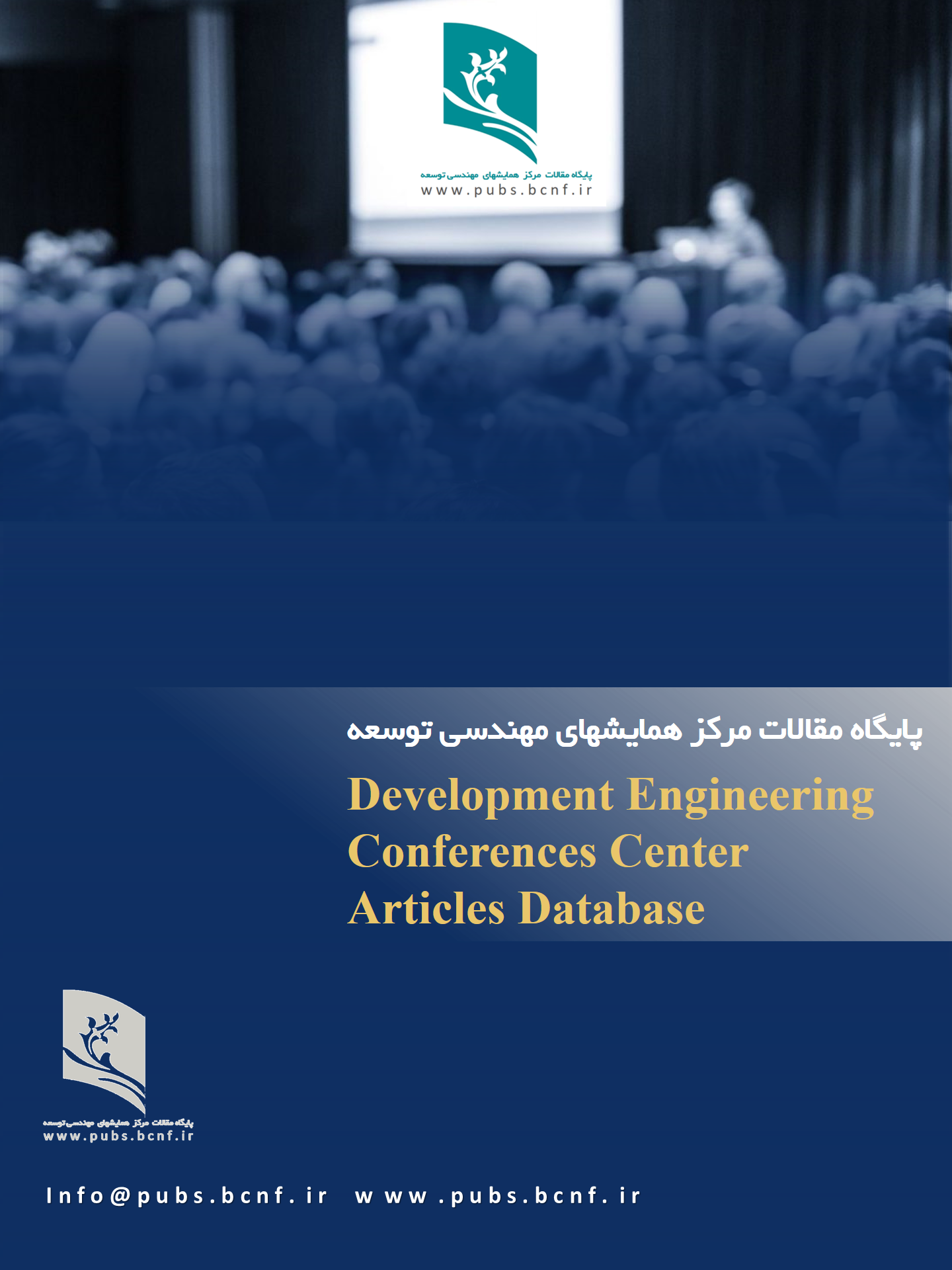Representation of “Metropolis-Satellite” Relationship in John Steinbeck’s The Pearl
Keywords:
peripheral countries, metropolis-satellite, Andre Gunder Frank, John SteinbeckAbstract
In John Ernst Steinbeck’s The Pearl, the family’s futile attempt to lift up from poverty and enhance their social class level is a representation of the peripheral countries’ struggle to gain independence from the core countries in order to cease being looted and controlled by them. Applying dependency theory by Andre Gunder Frank with respect to the history of the setting in which the selected work is narrated, this paper sheds light on a new aspect of the novel by finding a relationship between the protagonist and his family’s case and the unjust and oppressive state of the peripheral countries according to the core countries.
Downloads
References
[1] Blumenfeld, W. J. (2006). Christian Privilege and the Promotion of “Secular” and Not-So “Secular” Mainline Christianity in Public Schooling and in the Larger Society. Equity & Excellence in Education, 39(3), 195–210. https://doi.org/10.1080/10665680600788024
[2] Christy, Rut Arsari. (2013). “The Unsuccessful Class Struggle as Represented by Kino’s Experience in John Steinbeck’s The Pearl.” Satya Wacana Christian U, Salatiga, 18.
[3] Fehrenbach, T. R. (1973). Fire and Blood: A History of Mexico. Massachusetts: Da Capo Press, 470. Print.
[4] Frank, Andre Gunder. (1967). “Capitalism and Underdevelopment in Latin America: Historical Studies of Chile and Brazil.” New York: Monthly Review Press 48(3). Print.
[5] ---. (1966). “The Development of Underdevelopment.” Monthly Review 18(4), 37. Print.
[6] Frank, Andre Gunder, and Barry K. Gills. (1993). The World System: Five Hundred Years or Five Thousand? London: Routledge, 3-48. Print.
[7] Fulton, Robert Brank. (1960). Original Marxism Estranged Offspring. Boston, U.S.A: The Christopher Publishing House. 89. Print.
[8] Jones, Edward H. (1968). Outlines of Literature. New York: The Macmillan Company.
[9] Knight, Melinda. (2019). “Historical Context of The Pearl: Steinbeck’s Vision of Mexico.” Salem Press, 2-3.
[10] Lihua, Chen. (2005). A Marxist Perspective to John Steinbeck’s of Mice and Men. China: Central China Normal University.
[11] Namkoong, Y. (1999). “Dependency theory: concepts, classifications, and criticisms.” International Area Review 2(1), 121-150. https://doi.org/10.1177/223386599900200106



